On Extraverts and Introverts and Energy
What do you think of when you hear the word “extravert”? Usually people say “talkative,” “outgoing,” or “enthusiastic.” How about “introvert”? Do you think “quiet,” “shy,” “likes to be alone”?
These are the common stereotypes about extraverted and introverted people. But let’s face it: stereotypes exist because there is usually some grain of truth to them. So yes, many extraverts are talkative and outgoing and enthusiastic. And a good number of introverts are quiet, shy, and like to be alone.
However, those descriptions really don’t paint the whole picture of what it means to be an extravert or introvert. That’s because when you’re talking about personality type, and specifically Jungian personality type, those two words really refer to energy.
Where do you get your energy? Do you find that going out with friends, chatting with people in the checkout line, or brainstorming ideas in a meeting get you jazzed up? Do you feel lethargic if you have to be alone for extended periods of time or if you have to concentrate closely on a project without any interaction with others?
If so, you are probably on the extraverted end of the energy spectrum.
However, if you find that quiet time alone with your thoughts or a good book help you to recharge at the end of the day, you may be an introvert. It’s not that introverts are hermits or misanthropes; they can be very sociable when they want to be. They just usually prefer to be sociable with people they already know and are comfortable with, such as good friends or family. And they are better able to focus their energy on independent projects because so much of their world happens in their heads, and the rest of us don’t get to see it.
Probably the biggest generalization made about extraverts and introverts is the talkative versus quiet characteristic. The reason extraverts do tend to be more talkative is that they need to process their thoughts out loud in the external world. Many extraverts say that a thought isn’t fully formed for them until they verbalize it, bouncing their ideas off of other people. In fact, extraverts get their best ideas while they are actually talking about them in the moment.
Introverts are really different in this respect. They need time to process their thoughts internally before they can discuss them (and they really don’t always feel compelled to share their thoughts anyway). So if you ask an introvert a question, you may not get his or her best answer immediately. That’s why introverts often prefer to communicate in writing because they can craft what they want to say before they say it.
But it’s important to recognize that introverts can be very good conversationalists, especially if it’s a topic they know a lot about, and they are one-on-one or in a small group. And introverts can make very good public speakers because they are in charge of the situation, they are prepared, and they are providing information as an expert.
What introverts usually hate is small talk and chit-chat with a lot of people they don’t know in a social situation such as a party or business networking event. Extraverts love that stuff. And to be fair, extraverts can enjoy quiet time very much, as long it’s balanced with the opportunity to connect with other people.
And remember that being an introvert or extravert isn’t something we chose for ourselves. Type theory tells us that we are born with a natural preference for one or the other. However, we all need to be able to act like an extravert or introvert when the situation calls for it. Practicing our conversational or listening skills is good for all of us to be able to find balance in our lives.
So why is it important to know this information about yourself? Because throughout each day, we gain and lose energy, based on what we’re doing. Usually what drains us the most is having to act in a way that is counter to our preferences. So introverts who are cold calling sales prospects all day may find themselves much more exhausted than an introvert who is a freelance writer, for instance. It doesn’t mean that introverts can’t be great salespeople, but they will need to understand how to find a way to gain that energy back.
So if you recognize your best energy sources, you can better regulate your energy flow. Think of it like you’re a cell phone. When your battery gets drained, you need to find a charger or you will quit working. So where are your charging stations? Calling a friend, dropping by a co-worker’s office, hanging out at a busy coffee shop? Or is it finding a quiet place to read a book, or taking a solitary hike in the woods, or getting out in your garden?
If you try to charge at the wrong stations, you will find that your battery will just continue to drain.
Want to see what this difference looks like at work? Check out our video on the frustrations that can happen when extraverts and introverts don’t respect each other’s work style:

